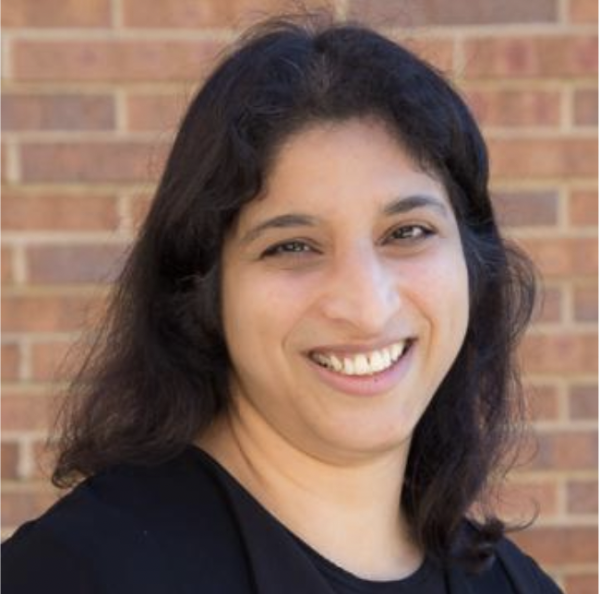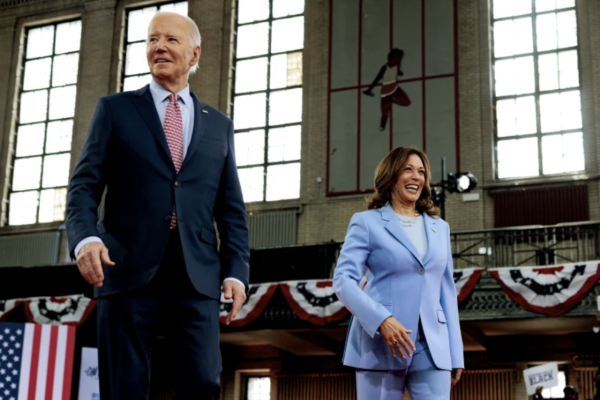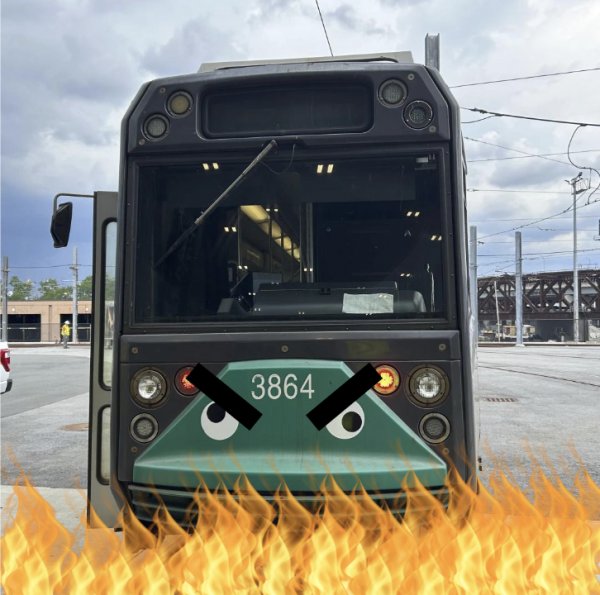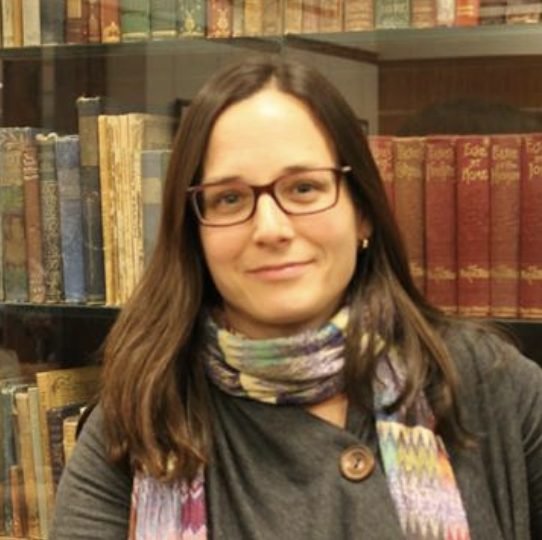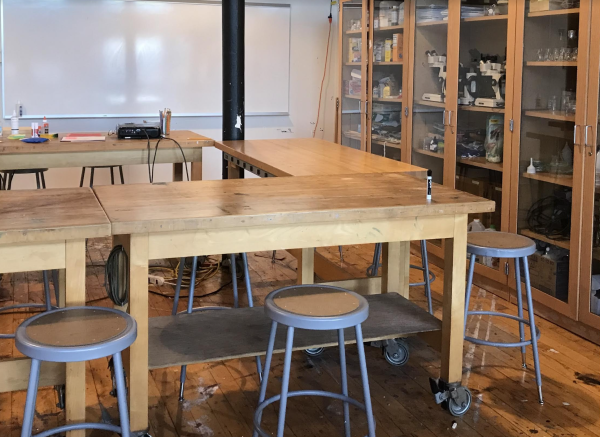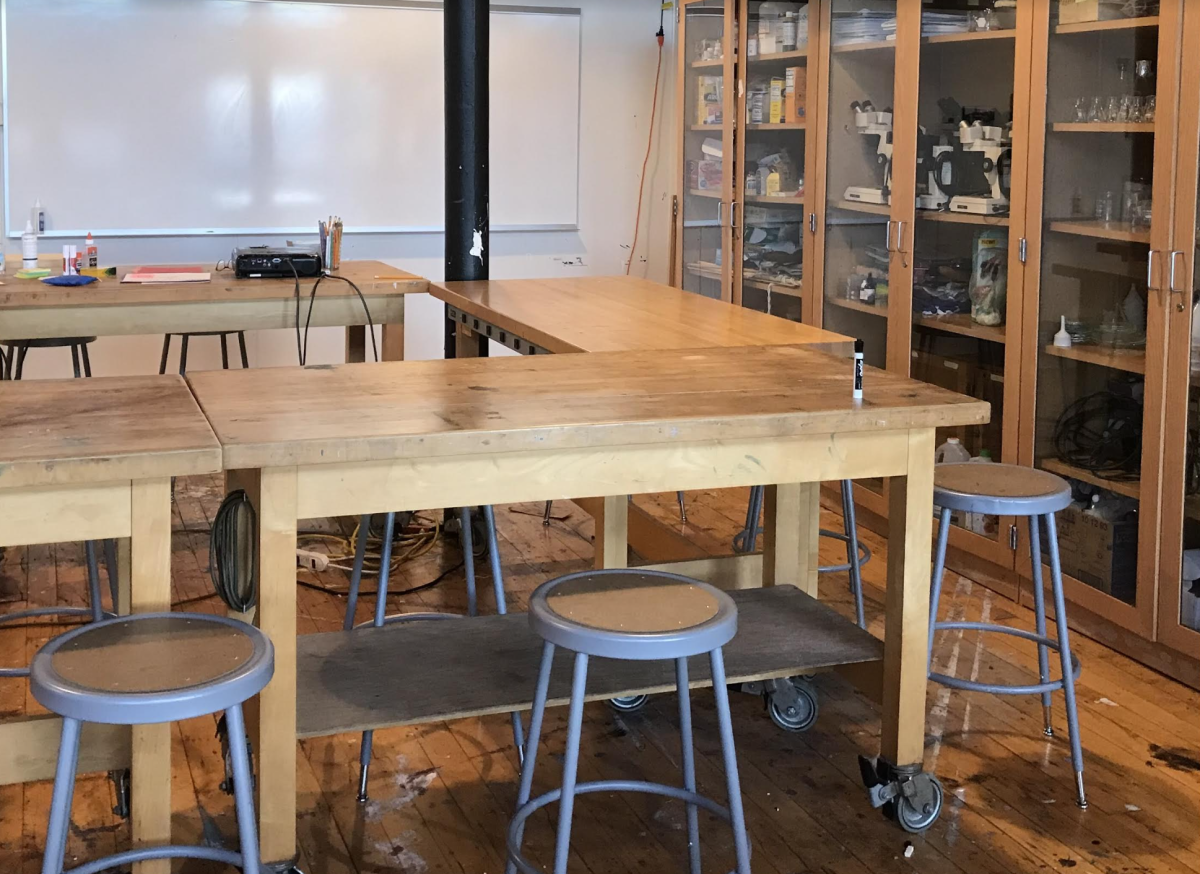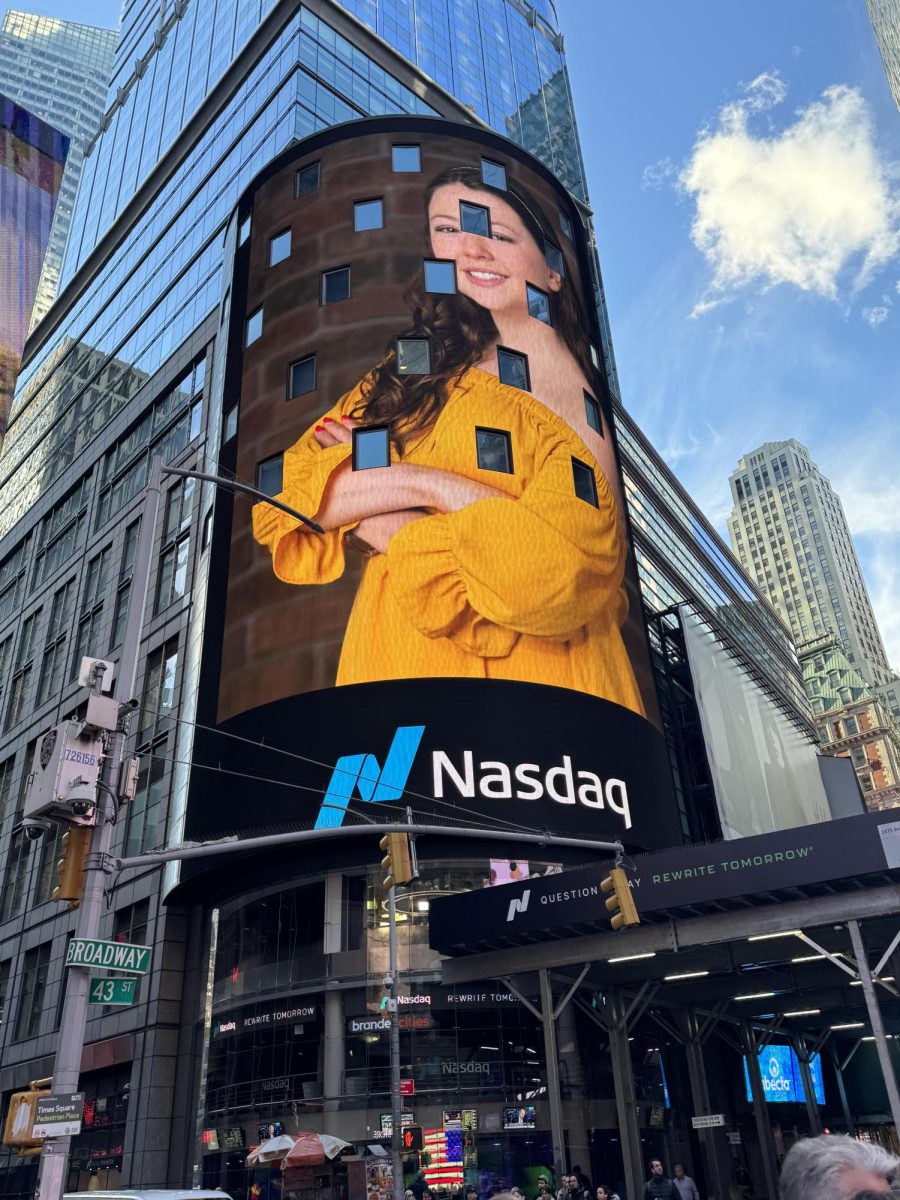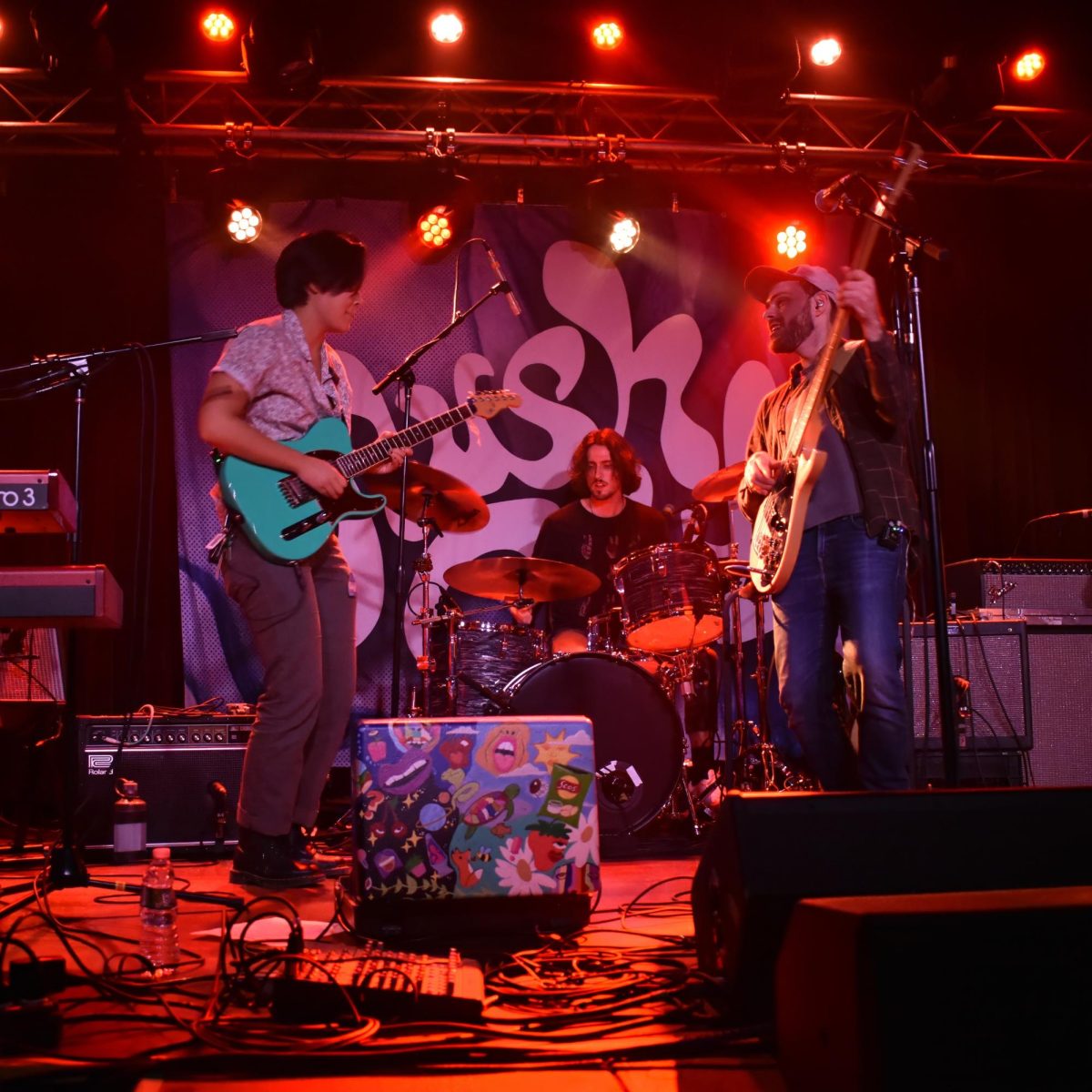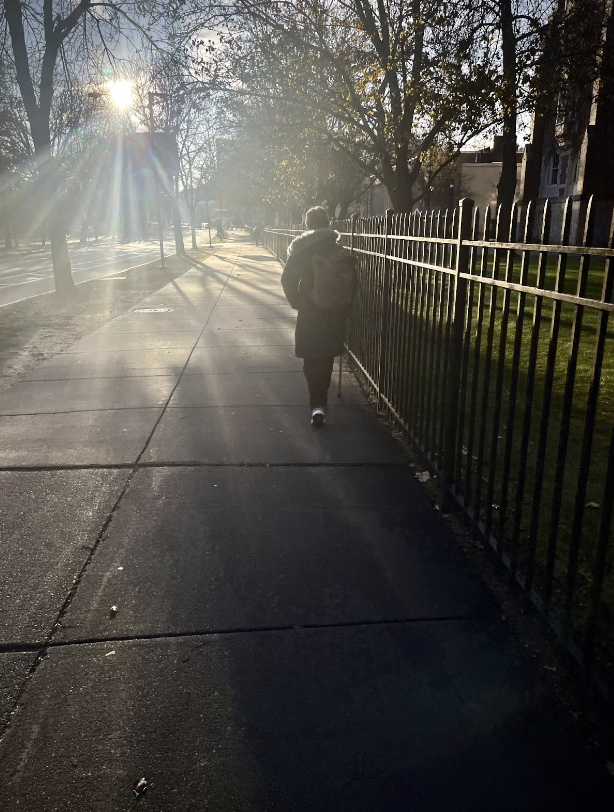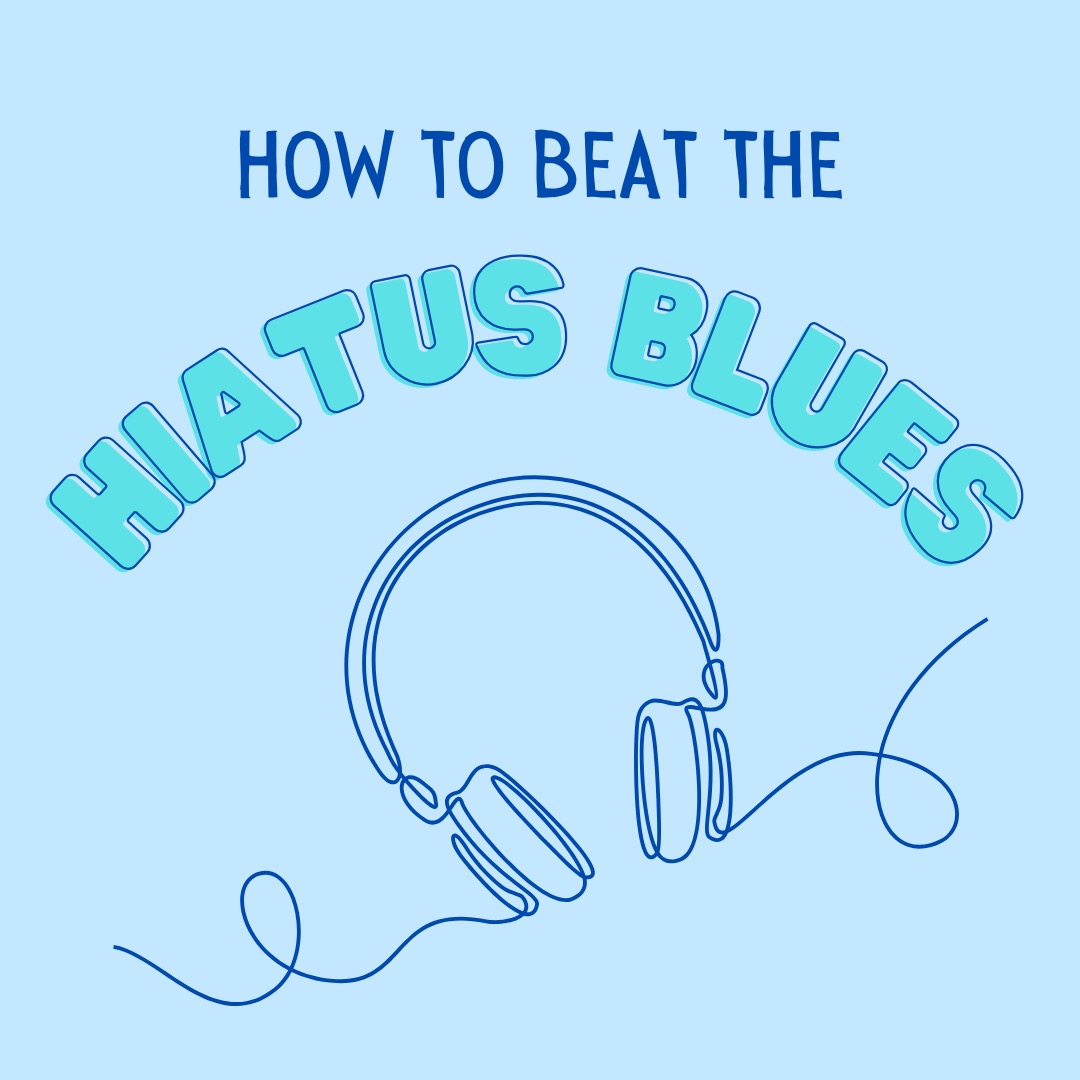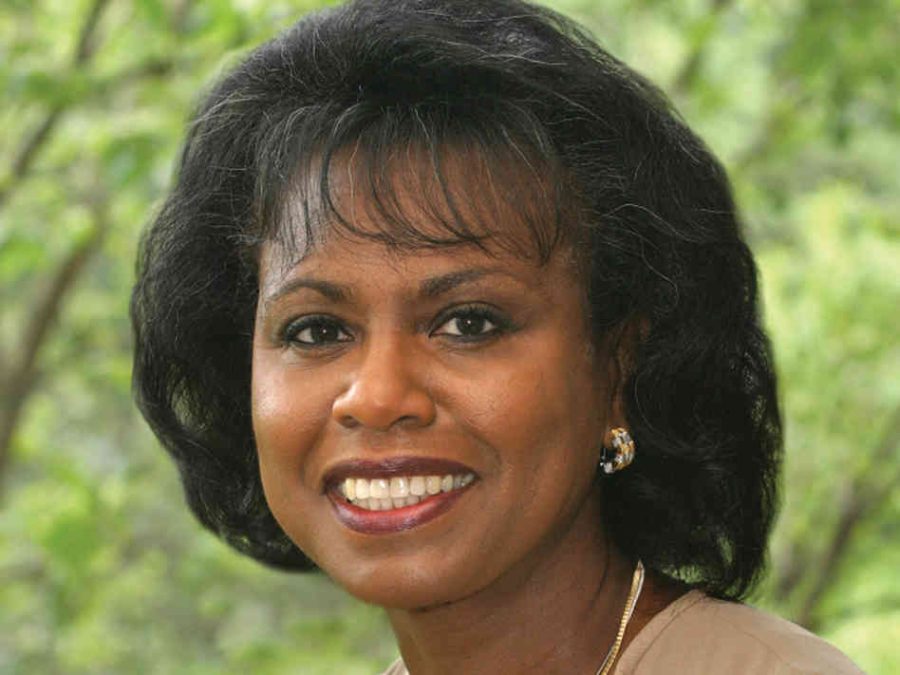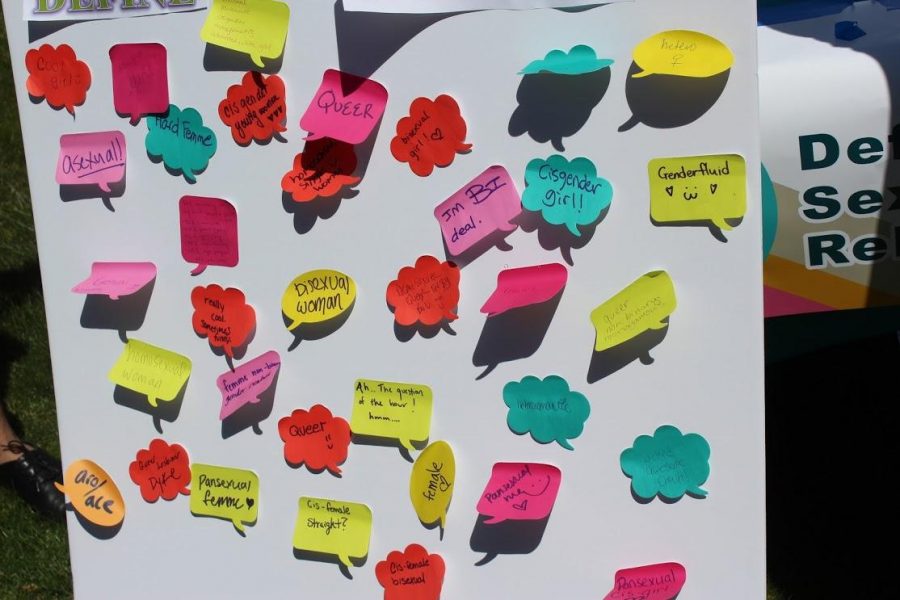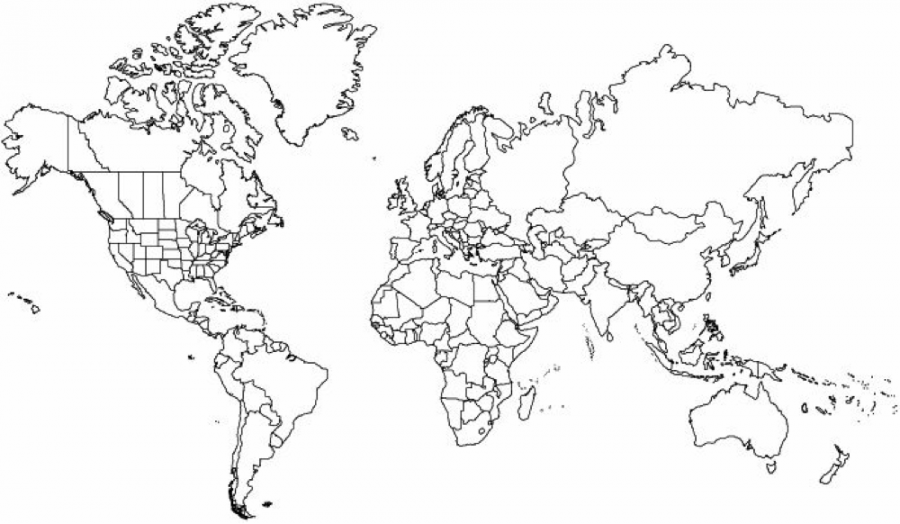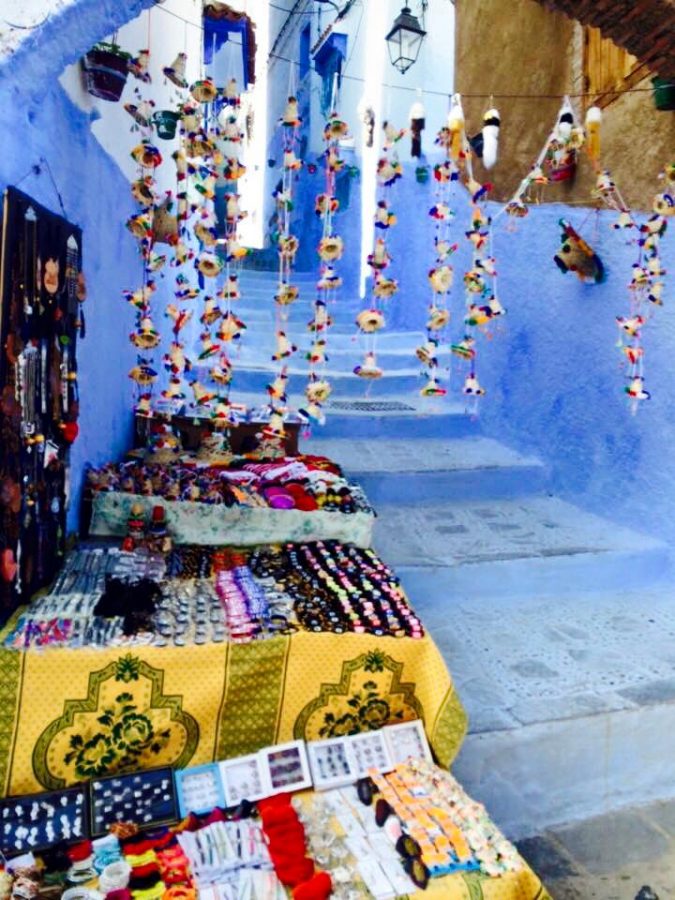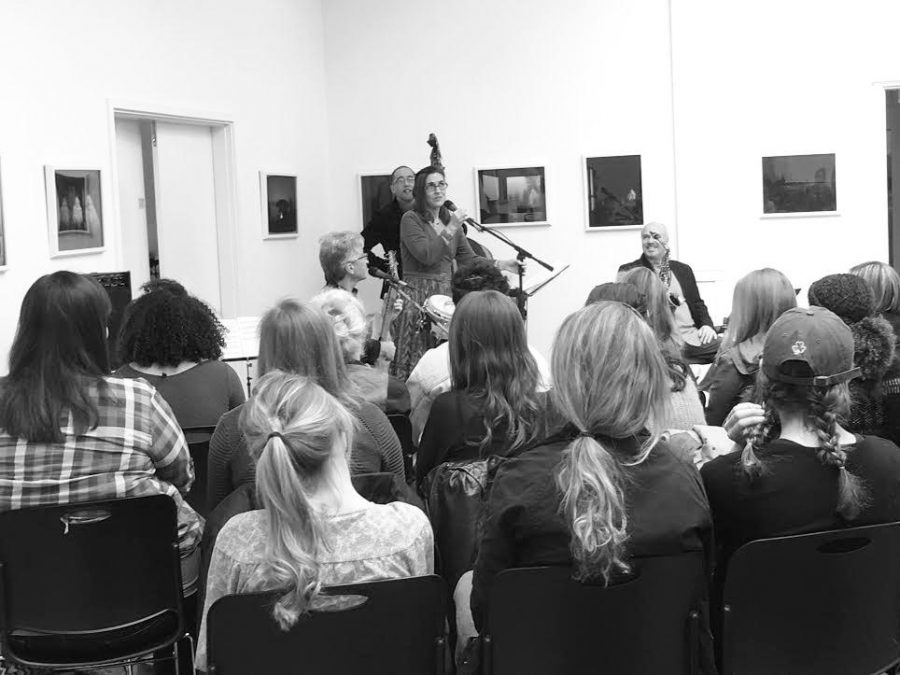By Simran Gupta
Staff Writer
On Monday, April 11, the Globalization on a Shoestring class brought Emmy-awarding-winning documentarian Paul Freedman to screen his newest film on the Democratic Republic of the Congo and discuss his work and experience with students afterwards. His documentary, “Merci Congo,” discusses the effects of conflict minerals and what is known as one of the deadliest ongoing conflicts since World War II.
Freedman spent two to three years in the eastern region of the DRC researching and working on his documentary, which was shot in a “fly on the wall” style.
“The research, the learning, is my favorite part of the process,” Freedman shared. “This is when your eyes are really opened and stereotypes are confronted.” To produce the documentary, he spoke to and worked with activists and survivors of brutal assaults, ranging from sexual to physical.
“Merci Congo” features the voices and stories of activists and survivors of this conflict. Three activists are most prominent in the documentary: Mama Justine, who works with survivors of rape and sexual assault; Neema Namadamu, who has founded centers across the DRC to increase female literacy and economy; and Fidel Bafilemba, a former rebel army leader.
The stories of these activists come together to tell a compelling yet horrifying story, and invite the viewer along on a journey little explored by mainstream western media. Freedman uses statistics in intertitles as well, such as the fact that “1,100 women are raped every day” in the eastern region of the DRC.
Mama Justine discusses this phenomenon on screen. She had the opportunity to speak with men involved in the mass genocide and rape of the Congolese women she treats, and asked them how they could do horrific things to someone who “gave [them] life.” The men in turn told her sexual violence was used as a weapon on their part.
“Madam, you know that the woman is sacred,” they told her. They continued to say that men see their value through their wife, so if the woman is raped or otherwise sexually assaulted, the man is emasculated and no longer has any value.
Mama Justine pointed out that too often, women are the recipients of the worst kinds of war horrors even when they are completely unrelated to the source of conflict. “Women are the first to be violated, hunted; they are the first victims,” she asserted. Revealing that she is a survivor of assault, she said, “It was their objective to silence me, so I must continue.”
Namadamu’s “Maman Shujaa” (translation: Hero Women) centers are focused on women’s empowerment for a similar reason. After contracting polio at a young age, Namadamu led a life that was different than that of any other Congolese girl: instead of being pulled out of school for marriage, she was able to continue her schooling.
Now, she is opening her Maman Shujaa centers with the aim of raising the female literacy rate. Women learn to read, write, and work with technology at these centers.
Often the women Neema works with end up knowing more than the men in their community, and many are able to become entrepreneurs, opening their own online businesses.
Fidel Bafilemba, the third activist, took perhaps the most unusual path of the documentary’s subjects. Once a rebel army leader, Bafilemba became a teacher and later an advocate for improved education. Currently, he is working on starting the first public library in eastern DRC.
Bafilemba explains how conflict minerals contribute to the current internal conflict in the DRC. Unfortunately, many technology companies had been buying metals such as copper, tungsten, etc, from sources that gave the money to rebel armies. This led to an exploitation of Congolese workers and the DRC’s natural resources in general. Companies such as Intel are moving towards a more transparent supply chain and are calling on fellow tech giants to do the same.
At the screening, Freedman reflects on how he got involved with the project.
“I walked into Fidel’s office and saw a pile of books against the wall,” he recalled. After lightly asking Fidel if he was catching up on some reading, Fidel excitedly shouted, “No! That is the first ever public library of this region!” Since then, schools all over the country have become involved and are running their own awareness campaigns and book drives.
After a lively discussion about human rights, the current state of the DRC, and the future of the project, Freedman encouraged students to stay involved and pressure their institutions and companies to pay more attention to human rights. Thanks to student activists who put pressure on tech companies to switch to a more transparent supply chain, 70 percent of the money that went to rebel armies before now stays within the DRC and benefits its own economy.
When asked what he saw when he was in the DRC, Freedman replied, “What I saw when I went to the Congo was beauty, and resilience, and hope.” He, along with the students in attendance, calls on the U.N. to “get their hands dirty” a little more.



